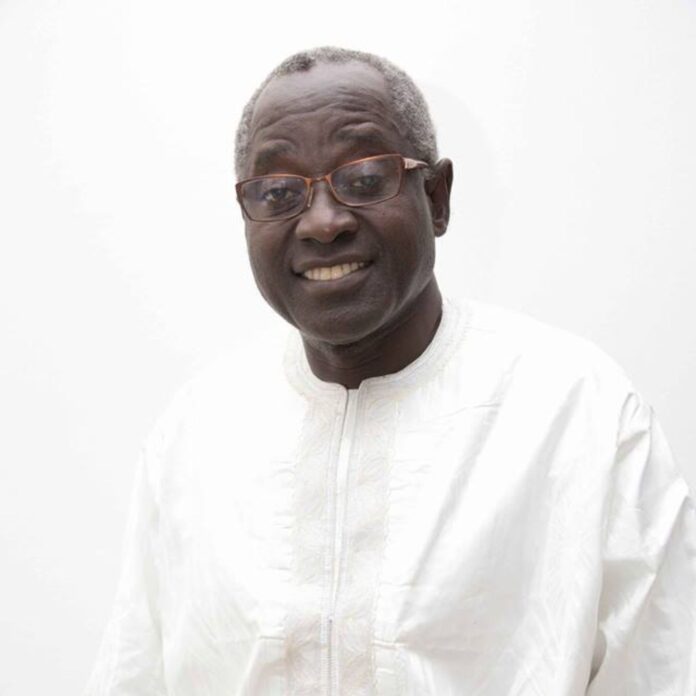By: Seringe ST Touray
“A human being can’t live in the jungle alone,” Sallah began, emphasizing the interconnected nature of society and governance. “If we don’t know who we are, we won’t know what we own. If we don’t know what we own, that won’t benefit us.”
Looking back at the historic turning point of the 2016 election, Sallah highlighted how peaceful democratic transition proved more powerful than military might. “People thought he’d never lose because he came into power by force,” he said, referring to former President Yahya Jammeh. “We thought that only such force would remove him. Instead, it was the voice of the people that ultimately prevailed, leading to Jammeh’s departure.”
However, Sallah expressed concern about persistent challenges in governance and resource management under successive administrations. “Every year, every house here pays taxes, including businesses, and no one is seeing the returns of what they’re paying. This is what we faced during Jawara, then Jammeh, and now Barrow,” he observed, pointing to a pattern of leadership that he believes has hindered national progress.
The PDOIS leader emphasized that national development requires proper investment of public resources. “What will remove us from this backwardness is for the country to properly invest its wealth or revenue into the various sectors of the nation for development,” he stated, suggesting that current governance approaches are failing to meet basic citizen needs.
“A house without sustenance will break down. A country without sustenance will break down,” Sallah warned, drawing a parallel between household and national management. His message underscored that the future of The Gambia depends on responsible governance and effective use of national resources for the benefit of all citizens.




